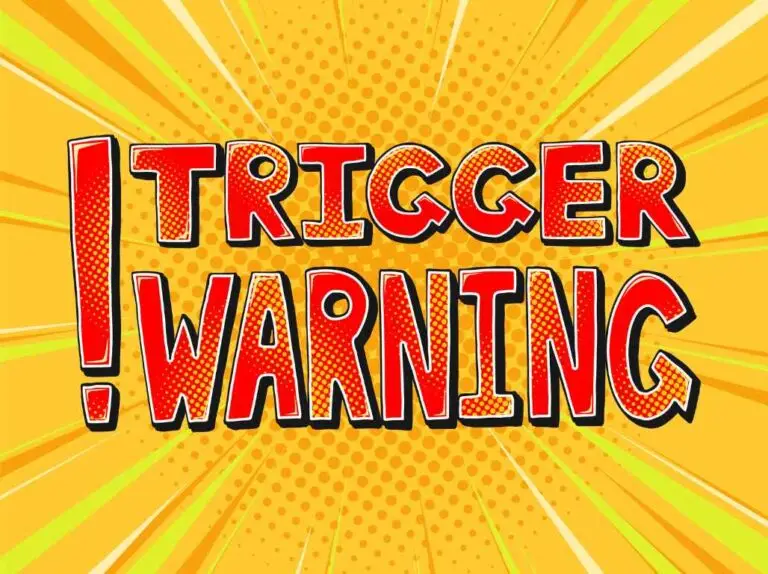Navigating Relapse Triggers: Effective Strategies for Sustained Recovery
In the journey of addiction recovery, relapse triggers are the proverbial bumps in the road that can derail progress and challenge sobriety. Whether it’s a stressful day at work, encountering old acquaintances, or even something as seemingly innocuous as a familiar scent, triggers can exert a powerful pull, tempting individuals back into addictive behaviors. However, addressing these triggers effectively is crucial for maintaining long-term recovery and preventing relapse. Here, we delve into some strategies tailored to the context of the USA that can help individuals navigate and overcome these triggers successfully.
Identifying Your Relapse Triggers
The first step in effectively addressing relapse triggers is recognizing them. This involves introspection and awareness of situations, emotions, or environments that have historically led to substance use. Therapy, support groups, or even keeping a journal can aid in identifying patterns and triggers unique to each individual’s journey.
Relapse Triggers: Developing Coping Skills
Once triggers are identified, it’s essential to develop healthy coping mechanisms to manage them. This may include stress-reduction techniques such as mindfulness, meditation, or deep breathing exercises. Additionally, engaging in hobbies, exercise, or creative outlets can provide alternative sources of fulfillment and distraction from cravings.
Relapse Triggers: Building a Support Network
Surrounding oneself with a strong support network is paramount in maintaining recovery. This network may consist of friends, family, support groups like Alcoholics Anonymous or Narcotics Anonymous, and professional counselors or therapists. Having individuals to lean on during challenging times can provide encouragement, accountability, and perspective.
Relapse Triggers: Avoiding High-Risk Situations
In some cases, it may be necessary to avoid or minimize exposure to environments or individuals associated with past substance use. This could involve steering clear of bars, parties, or certain social circles where temptation may be heightened. While avoidance is not always feasible, particularly in everyday life, having a plan in place for such scenarios can be instrumental.
Relapse Triggers: Creating a Healthy Routine
Establishing a structured daily routine can help individuals stay focused and grounded in their recovery journey. This may involve setting regular mealtimes, prioritizing sufficient sleep, and incorporating activities that promote overall well-being. A balanced routine reduces the likelihood of boredom or feeling adrift, which can be triggering for some.
Relapse Triggers: SeekProfessional Help
For those struggling with persistent or intense triggers, seeking professional help is crucial. This may involve therapy, medication-assisted treatment, or specialized programs tailored to address underlying issues contributing to addiction. Trained professionals can offer personalized strategies and support to navigate triggers effectively.
Practicing Self-Compassion
Recovery is a challenging and often nonlinear process, and setbacks are a natural part of the journey. Practicing self-compassion and avoiding self-judgment are essential components of maintaining resilience in the face of relapse triggers. Accepting slip-ups with kindness and using them as opportunities for growth and learning can empower individuals to continue moving forward.
Conclusion
In conclusion, addressing relapse triggers effectively requires a multifaceted approach that encompasses self-awareness, coping skills, social support, and professional guidance. By implementing these strategies tailored to the context of the USA, individuals can bolster their resilience and fortify their commitment to sustained recovery. Remember, recovery is a journey, not a destination, and navigating triggers is an integral part of that journey towards healing and wholeness.
Aftercare planning is a relapse prevention support system that helps you deal with these triggers and stay on track during your journey to long-term sobriety is key. Learn more about aftercare planning at 90210 Recovery.
More Addiction Recovery Articles To Read
8 Tips To Choose A Detox Facility
Growing Up In Recovery After You Get Sober
There Is Hope For An Addict’s Mom
What’s Best For You: Inpatient Or OutPatient





















